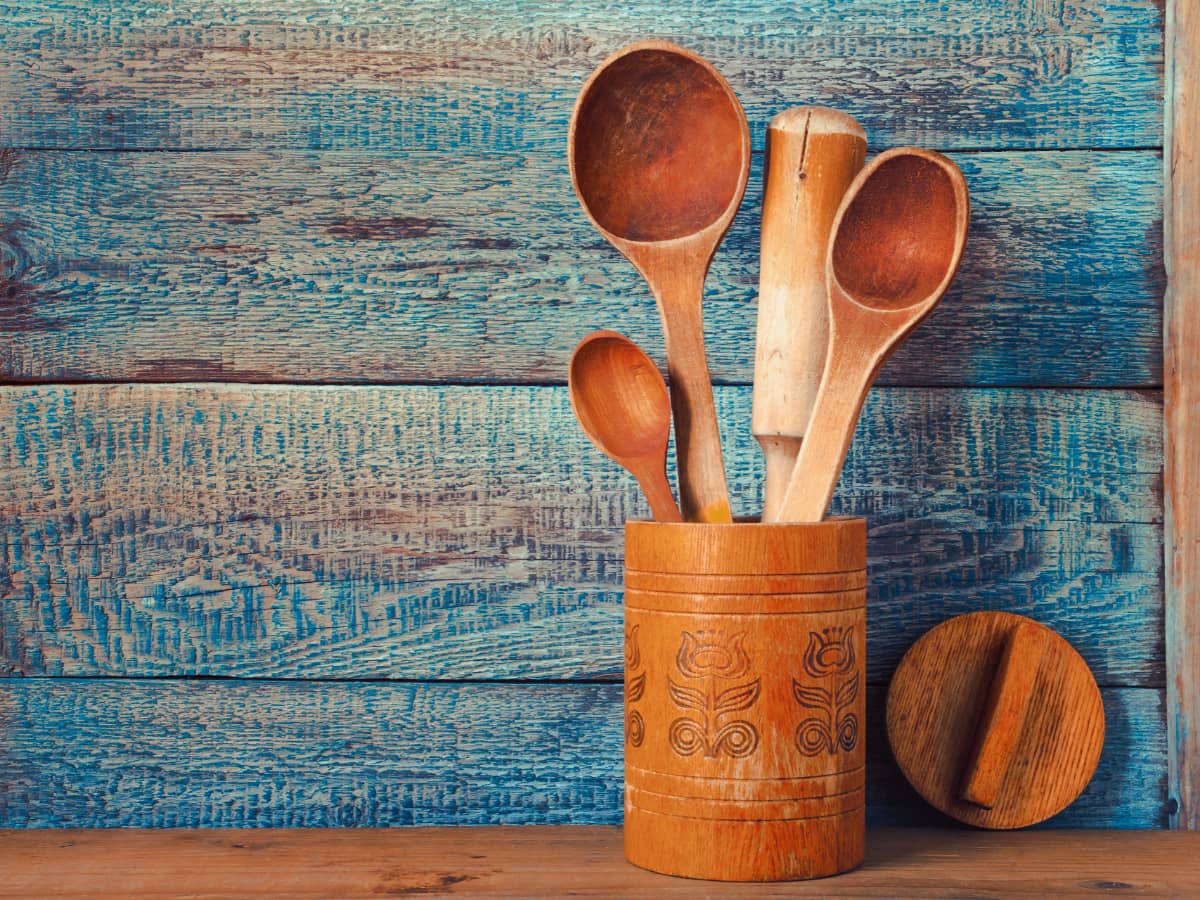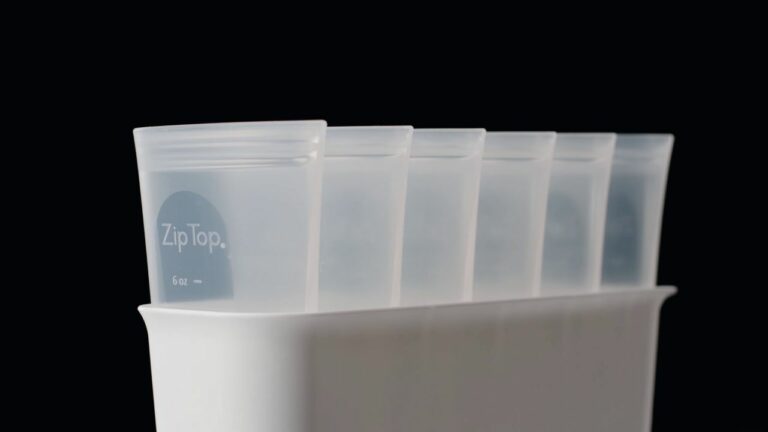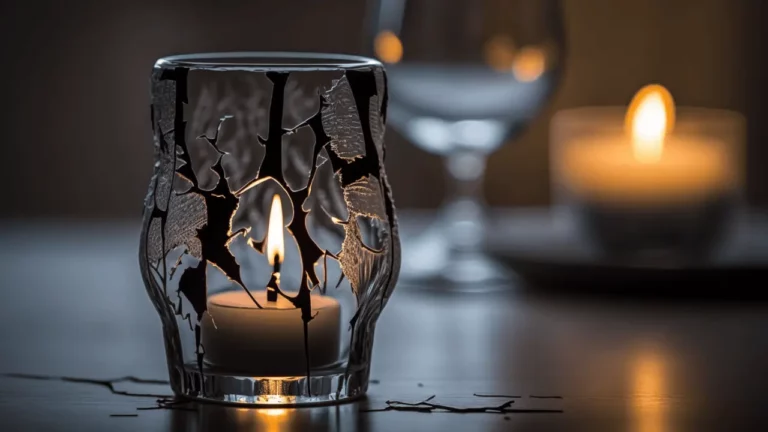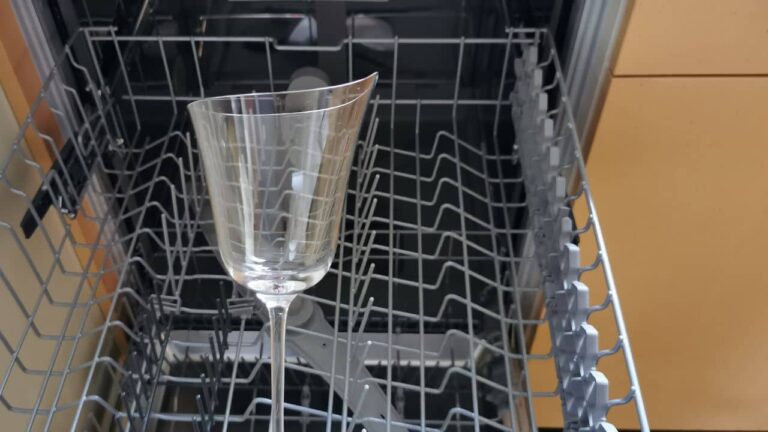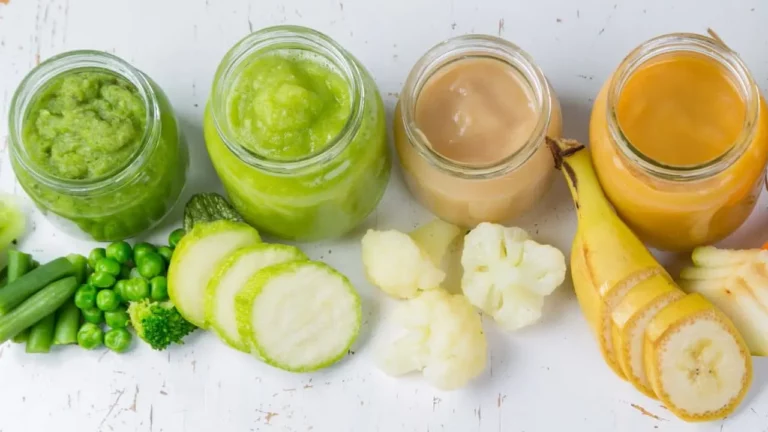Do Wooden Spoons Carry Bacteria? 5 Things You Should Know Before Using Them
While stainless steel spoons are popularly used for cooking, baking, and dining purposes, wooden spoons are also widely used, mainly for stirring and mixing ingredients. But some people consider wooden spoons unsanitary or less sanitary than other types of spoons. That may lead you to wonder if wooden spoons carry bacteria.
Wooden spoons do carry bacteria, but so does everything else. The key to ensuring wooden spoons are safe to use is to clean them properly. Since wooden spoons (and utensils) aren’t dishwasher safe, it’s best to wash them by hand using hot water and soap before every use.
This article will discuss 5 things you should know about wooden spoons.
Keep reading!
1. Bacteria Can Live on Wooden Spoons and Other Surfaces
The truth is while wooden spoons can carry bacteria, they’re one of the most sanitary cooking utensils when appropriately cleaned. That’s because wood is porous, meaning bacteria can live in the crevices, which isn’t easy to clean.
However, if you clean your wooden spoons after every use and before putting them away, the bacteria won’t have a chance to grow and multiply.
Staphylococcus aureus is one of the most common types of bacteria that can live on surfaces such as wooden spoons. It can be dangerous for your health, so you should always wash wooden spoons before using them again.
If you’ve ever noticed an unpleasant smell on your wooden spoons, bacteria has likely been growing and multiplying in those areas. So keep an eye out for any discoloration or icky odors when cooking with these utensils.
So while bacteria can live on any surface, the real question is how long does it stay there? For example, if you use a wooden spoon for cooking, the heat will kill most bacteria. But if you’re using it to stir a cold drink, for example, the bacteria can live on the spoon for up to 7 days.
As mentioned earlier, if your wooden spoons have been cleaned properly and they don’t have any cracks or crevices, the bacteria will unlikely survive.
2. Wooden Spoons Can Have Antibacterial Properties
Recent studies have shown that wooden spoons can have antibacterial properties. That’s because many types of wood contain natural oils and resins that help resist bacteria.
The type of wood used in your spoon will determine its resistance to bacteria. For example, utensils made from pine have the least antibacterial properties. In contrast, spoons made from oak or bamboo have higher resistance levels, making them a better choice for raw ingredients.
So if you’re looking for a wooden spoon that’s resistant to bacteria, choose one made from oak or bamboo. While this doesn’t mean that these types of wood alone can kill bacteria, it means that the bacteria won’t grow as quickly. Therefore, a wooden spoon can be a safe way to stir food, even if it has been sitting out for a while.
3. You Should Wash Wooden Spoons With Soap and Hot Water
Wooden spoons aren’t dishwasher-safe, so you should wash them by hand using hot water and soap before every use.
The best way to clean wooden spoons is by soaking them in hot soapy water for a few minutes before giving them a good scrub with a brush. Doing this will remove any food residue or bacteria that may be living on the surface of the wood.
Also, don’t leave any food residue on the spoon after washing it — it’ll attract bacteria, hence contamination. Finally, rinse the wooden spoons well and towel dry them before storing them to avoid moisture build-up.
If you’re still worried about germs or bacteria, you can sanitize your wooden spoons by soaking them in a bleach solution for about 5 minutes. Just make sure to rinse them well afterward to avoid any harsh chemicals.
Most importantly, avoid cross-contamination by using separate utensils for raw meat products, such as chicken or beef, and then using the same utensils for cooked meat or other food items. Uncooked meat can contain harmful bacteria such as E. coli and Salmonella that can infect your wooden spoons and then spread to the other foods you’re preparing.
Wooden spoons are a great addition to any kitchen, and they’re very sanitary when cleaned and used correctly.
4. Wooden Spoons Are Safe for Most Cookware
Wooden spoons are found in most kitchens because you can use them with non-stick cookware, metal pots, and pans — there’s no need to worry about damaging their surfaces.
Additionally, wooden spoons are heat-resistant, so you can use them for cooking on the stovetop. They don’t conduct heat as well as metal spoons, so you can touch the bottom of the pan with them without burning yourself.
Another reason wooden spoons are popular in the kitchen is that it’s very easy to clean them. All you have to do is give them a good scrub with hot water and soap, and voila — they’re clean!
5. Wooden Spoons Need Regular Maintenance
Like your wooden cutting boards, you’ll need to maintain your wooden spoons regularly. Use steel wool or an abrasive sponge (not the green ones) with soap and hot water to remove anything stuck in the spoon’s crevices.
Regular maintenance will prolong the life of your wooden spoons and prevent them from breaking. It also deters the growth of bacteria by removing any food residue that may be left on the surface.
Pros and Cons of Wooden Spoons
Wooden spoons have many benefits, but there are also some drawbacks. The pros include:
- They’re heat-resistant, so use them on the stovetop.
- You can easily clean and sanitize them.
- They don’t conduct heat as well as metal spoons.
The main drawbacks of wooden spoons include:
- They can warp over time.
- They’re not dishwasher-safe.
- A lack of care can easily lead to them breaking.
Final Thoughts
The bottom line is wooden spoons are great to use in the kitchen because they have many benefits, but you need to be careful how you use them and take care of them properly to prolong their life.
Sources
Smart Organic Living: Are Bamboo Utensils Sanitary?
Institute of Food Technologists: Microbial Safety of Wood in Contact with Food
Allrecipes: Is It Safe to Cook with Wooden Spoons?

